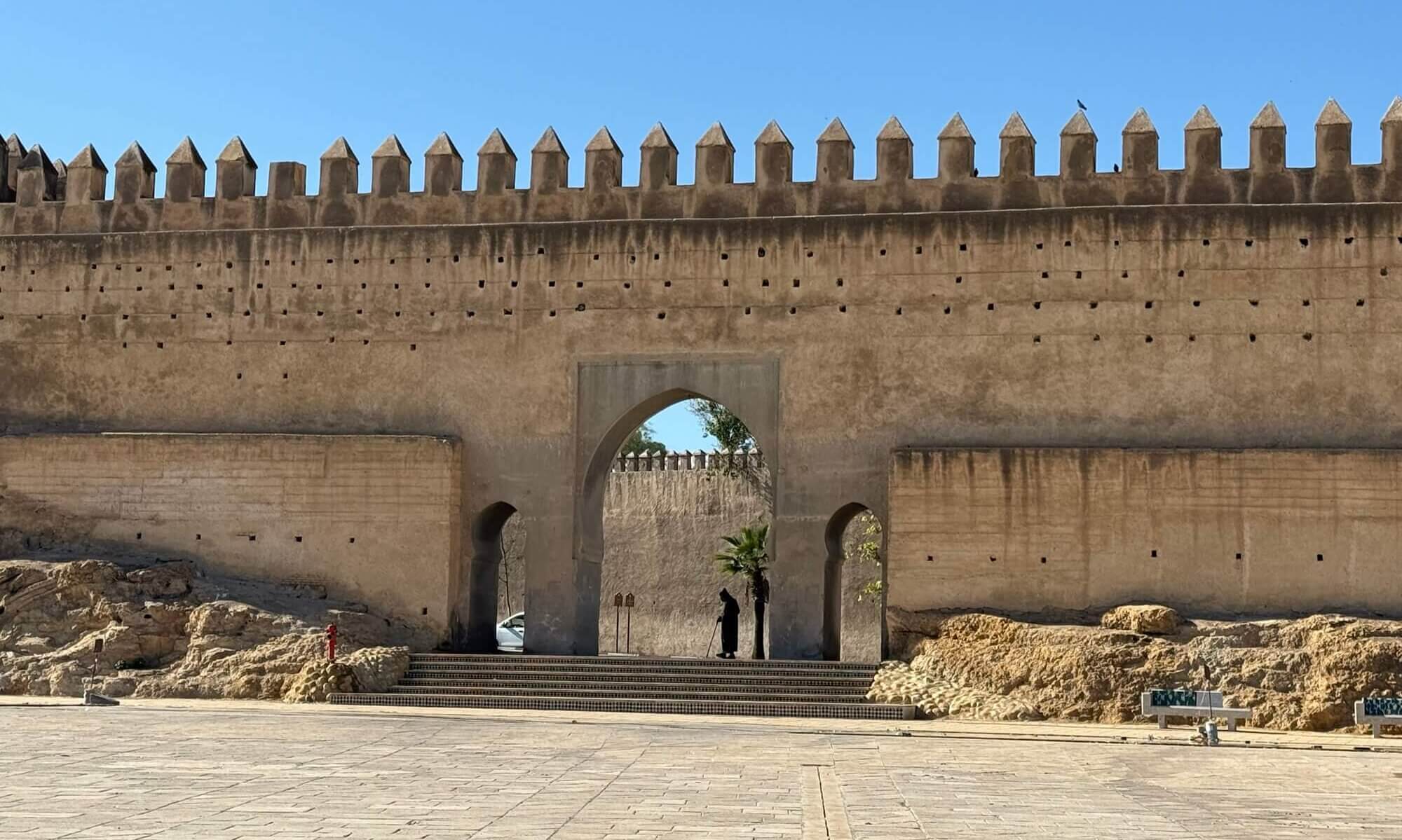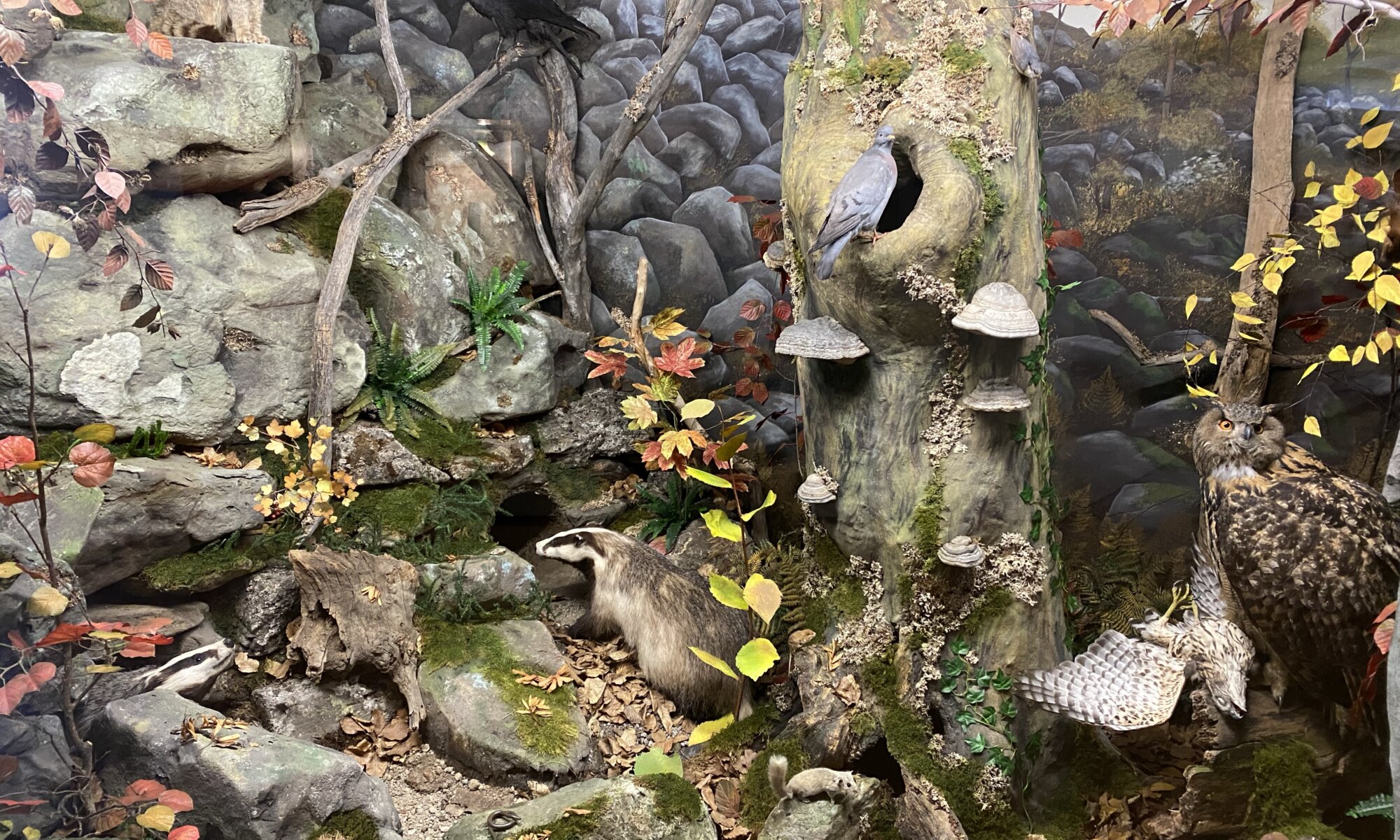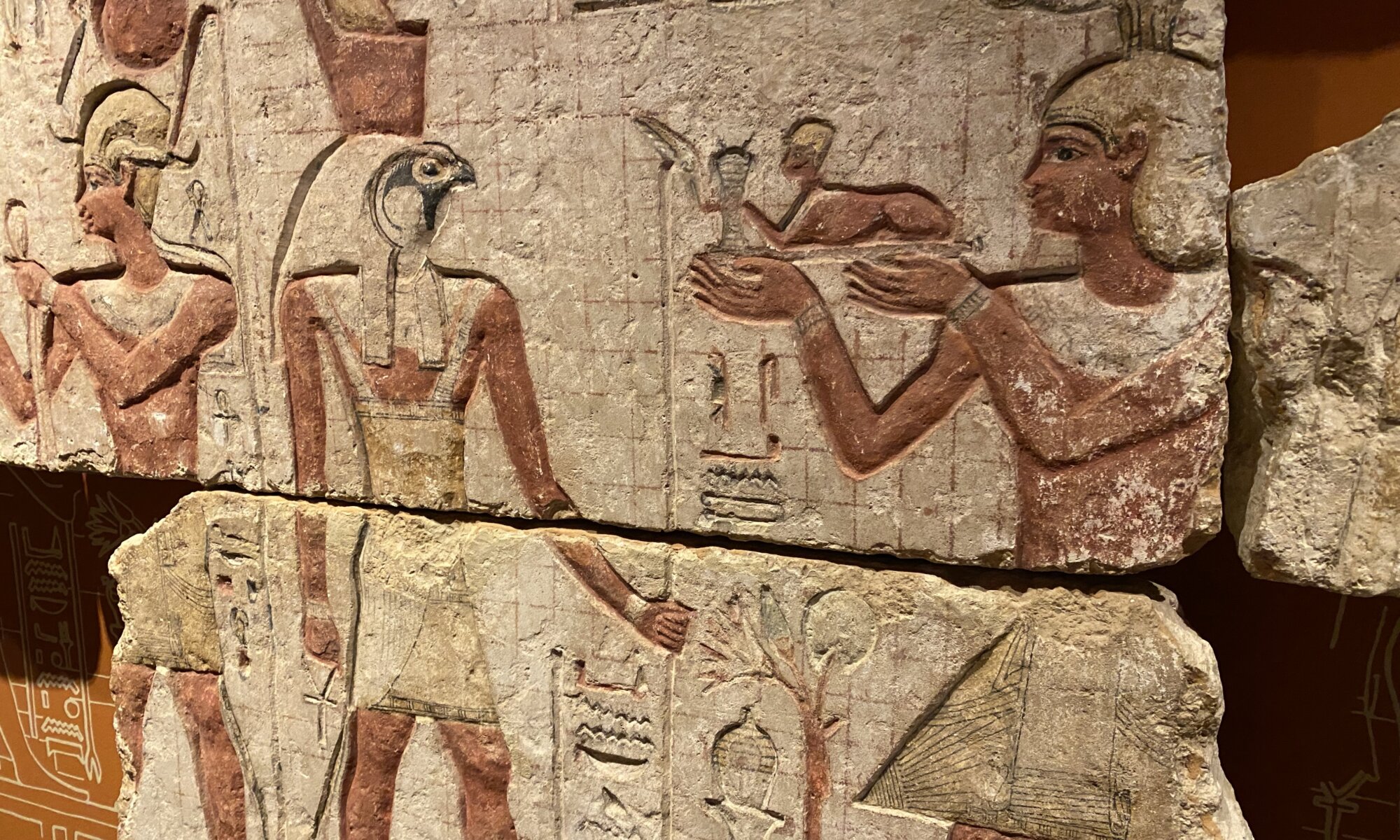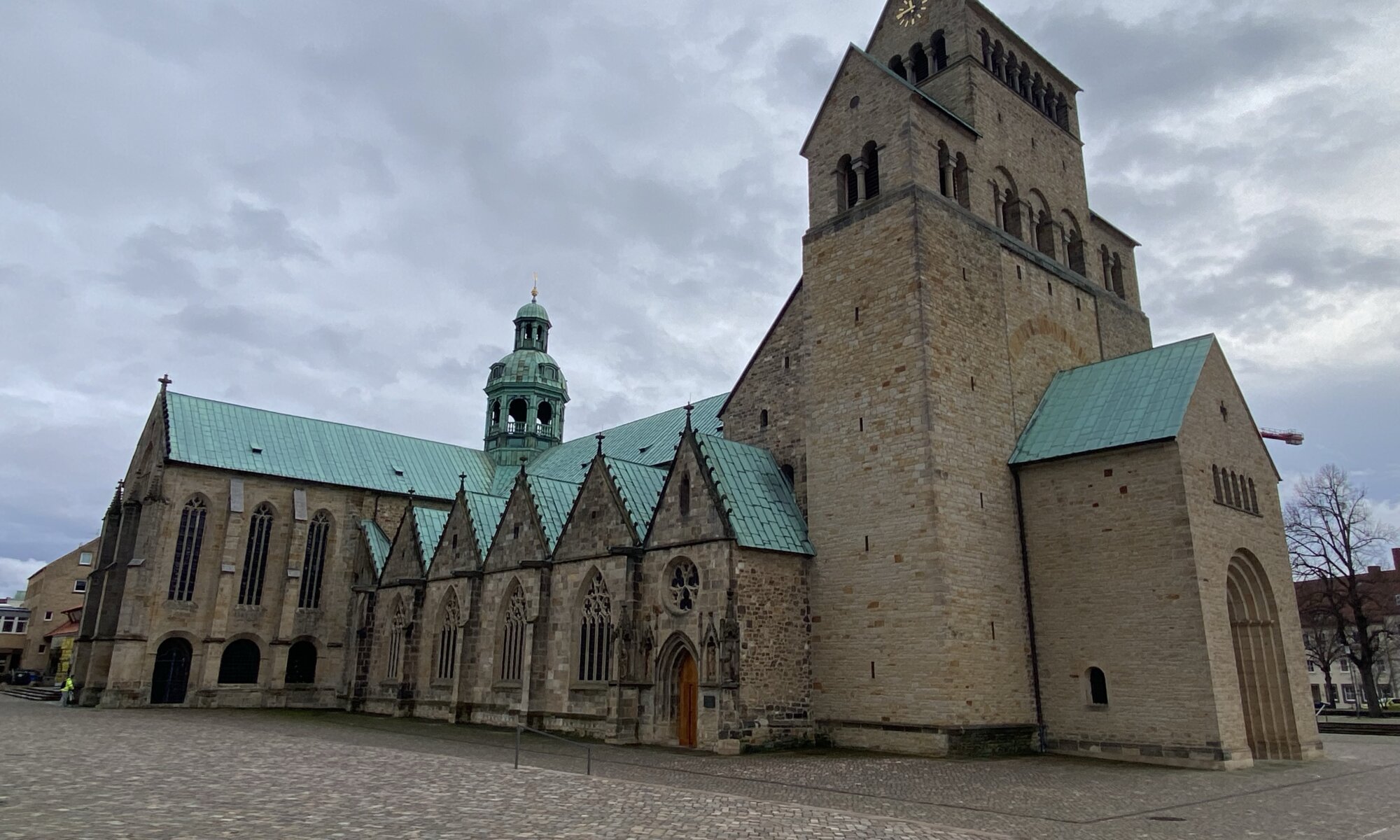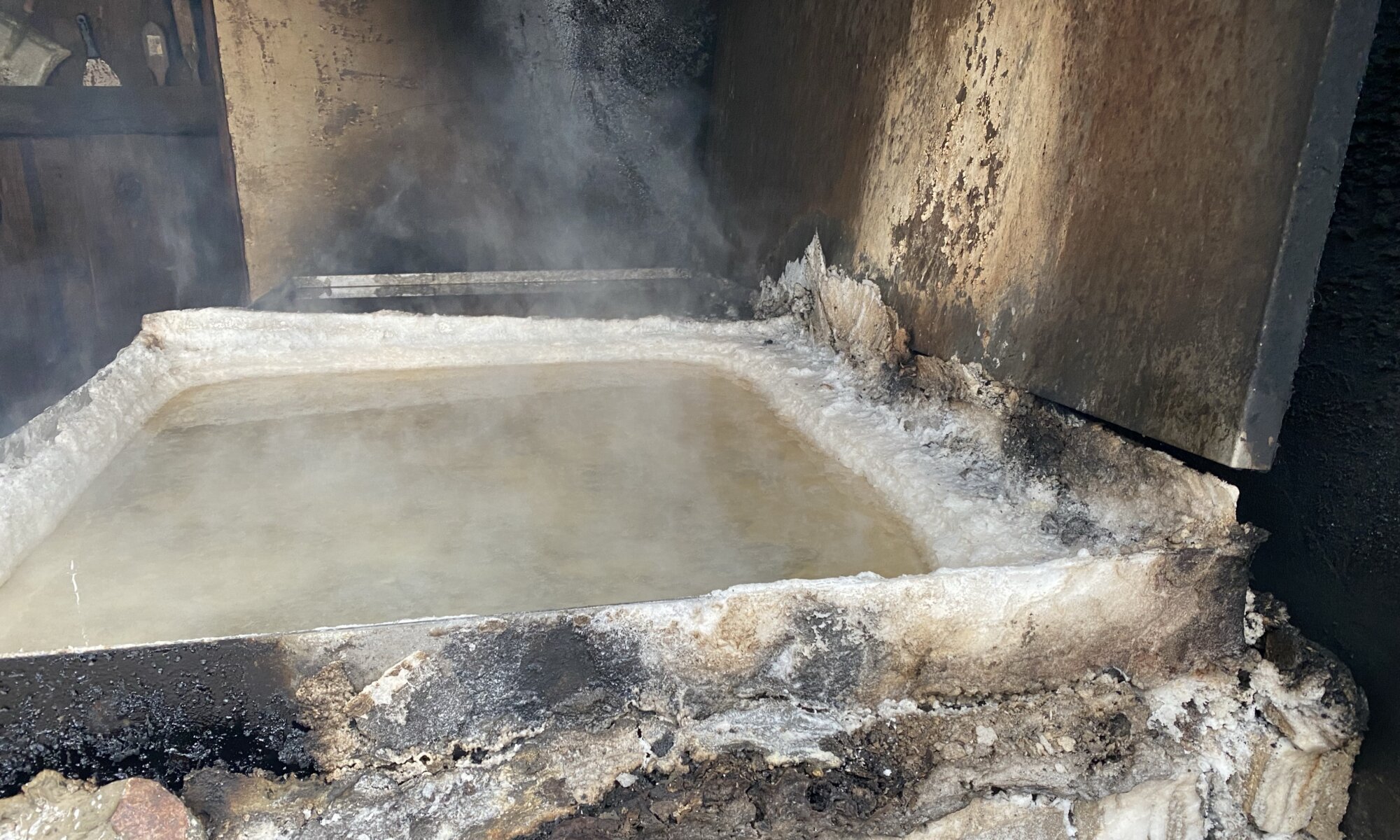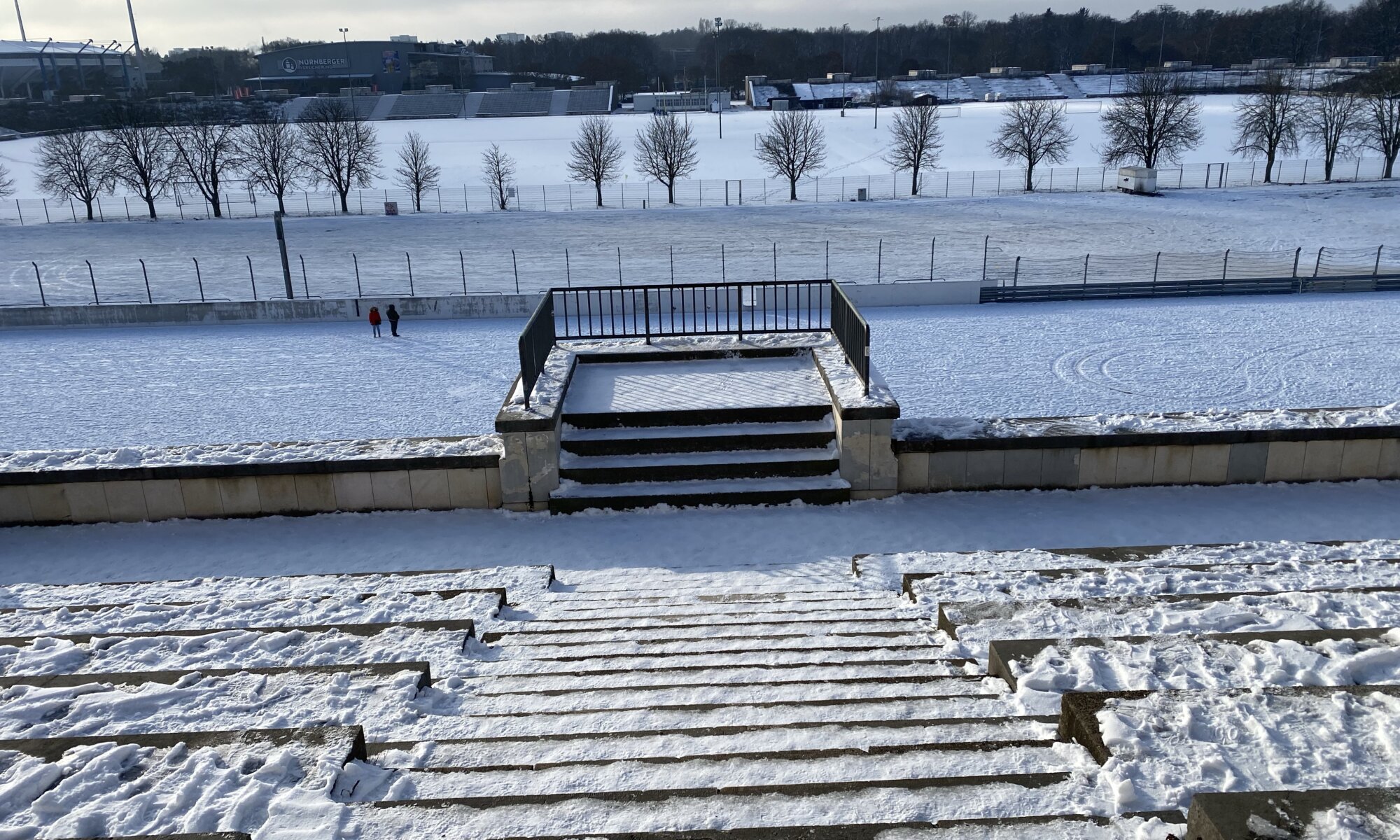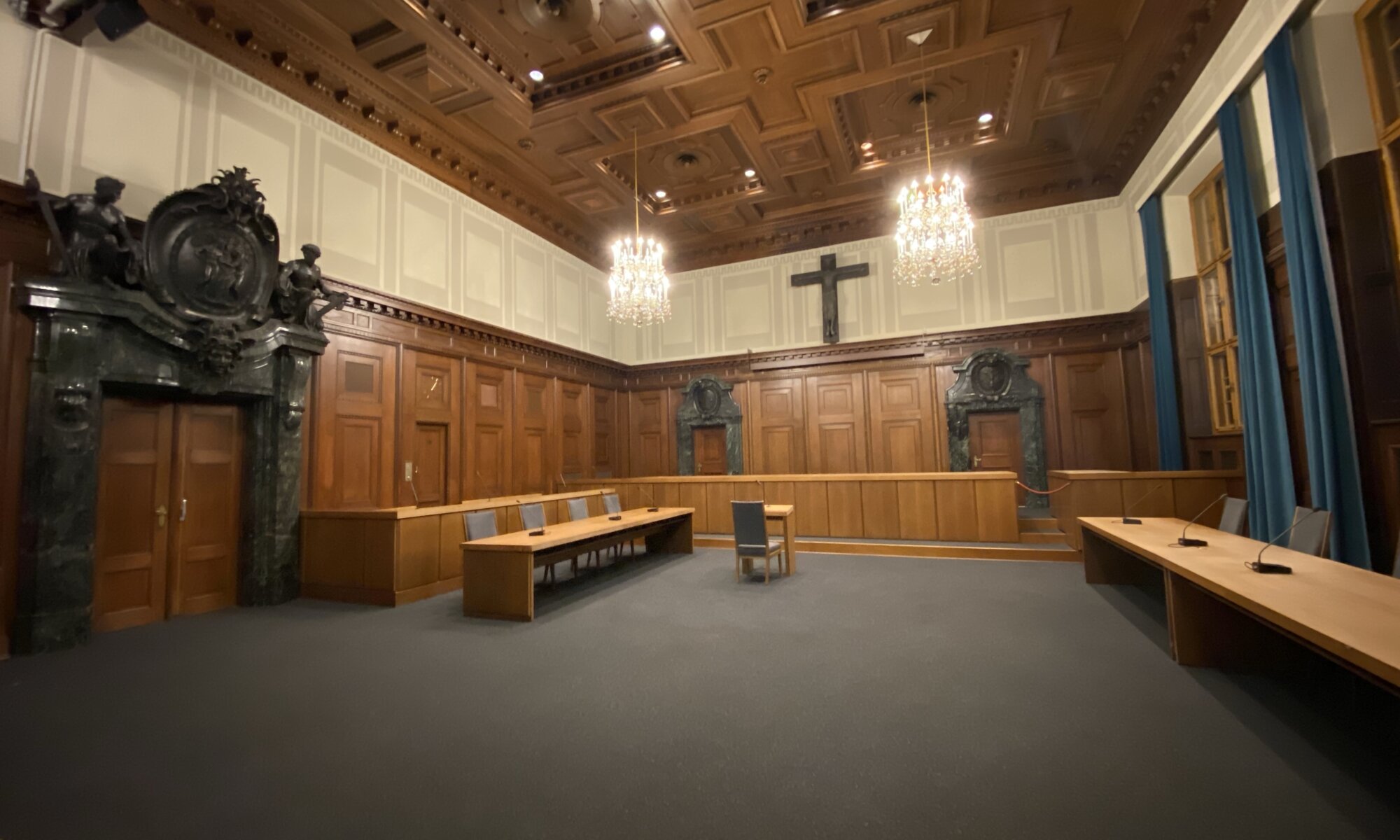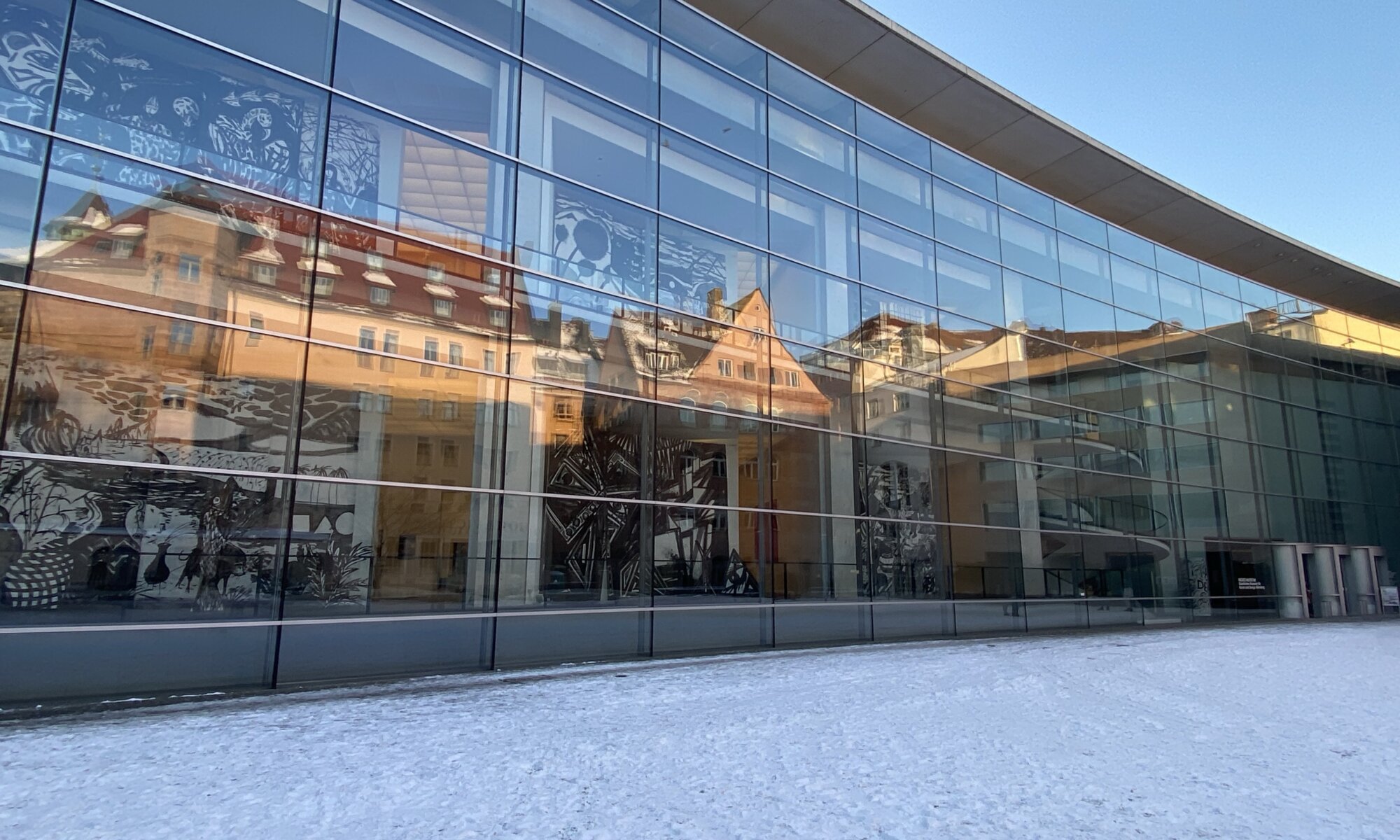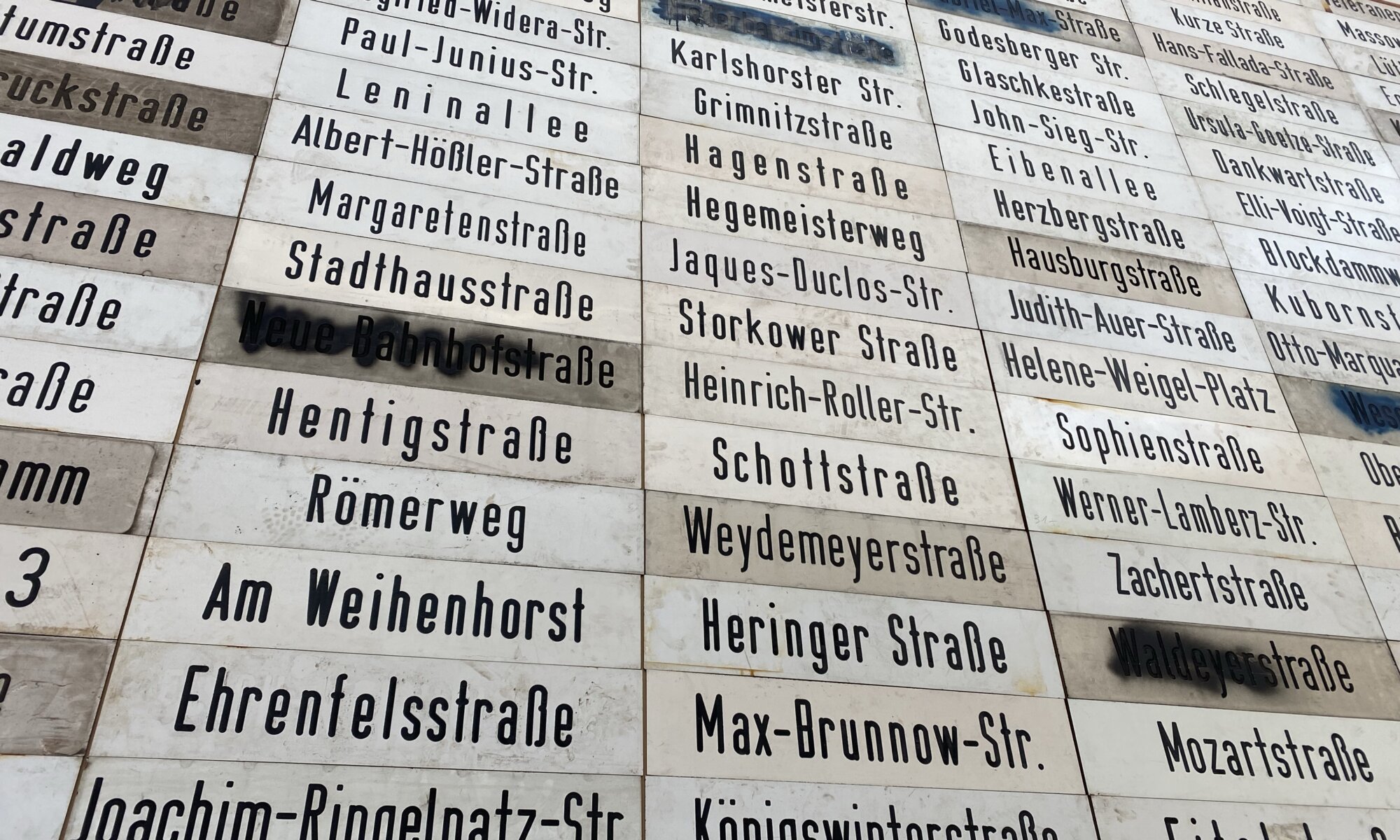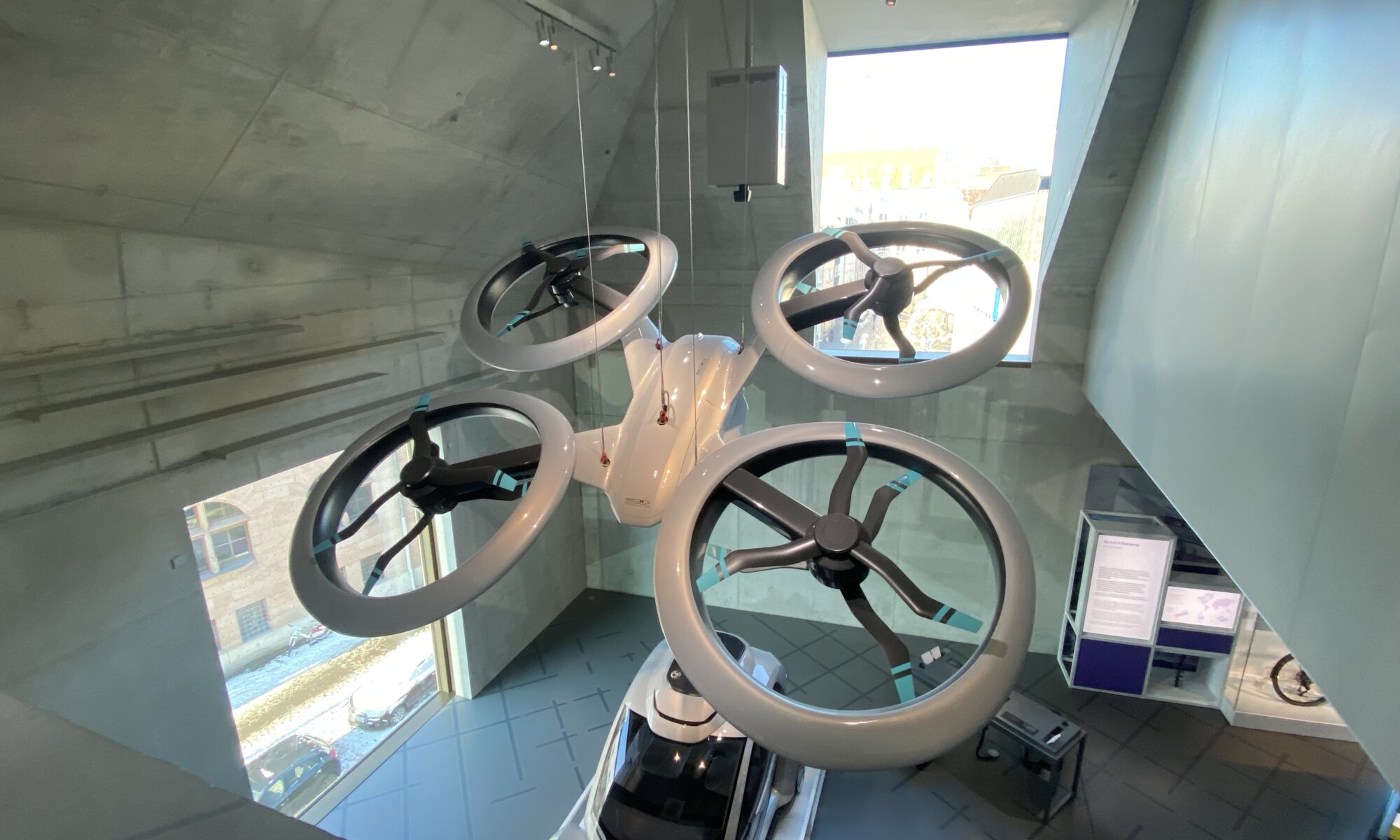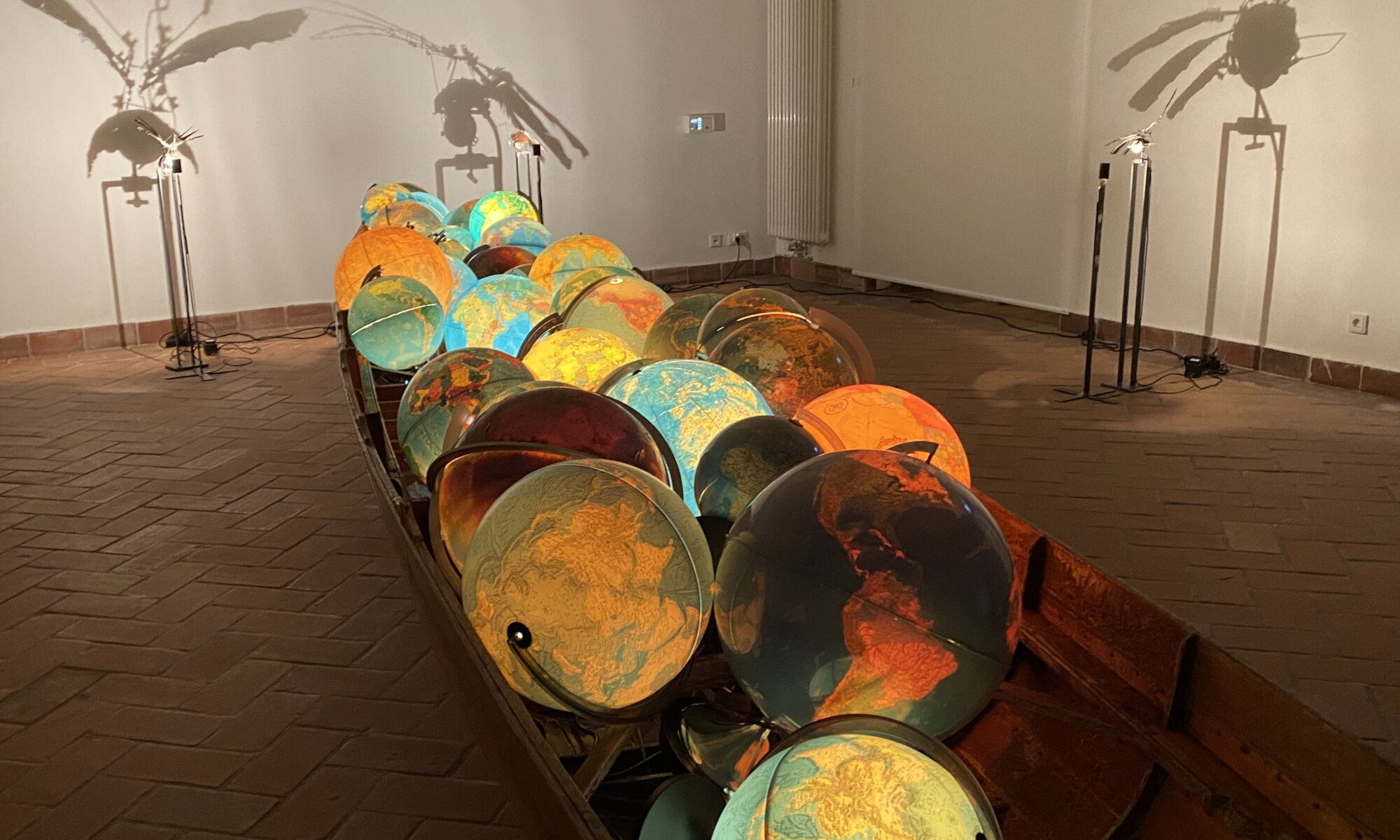When you’re visiting a small town with 65,000 inhabitants you’re not expecting to find impressive museums within. Fulda in the heart of Germany is an exception, as it hosts the Vonderau-Museum at the university square in the city center. It was founded in 1875 and is a surprisingly good combination of a natural history museum, an art collection, a lapidary and a planetarium.
Continue reading “All in one”RPM
One of the good reasons to visit Hildesheim, Germany, is the RPM; the Roemer- und Pelizaeus-Museum. It is known because of its vast collection on Egypt and that’s something you typically wouldn’t expect: an Egyptology museum in a middle-sized city in rural Lower Saxony. Wilhelm Pelizaeus, a merchant from Hildesheim, was living for 40 years in Cairo and in 1907 he gave his private collection to his hometown. Four years later they were exhibited in a museum created only for this purpose, the Pelizaeus-Museum.
Continue reading “RPM”Treasure box
The cathedral of Hildesheim is a Roman-Catholic church officially named the Dom Mariä Himmelfahrt. Together with the church St. Michaelis it is since 1985 a UNESCO world heritage site and a good example of religious art during the Holy Roman Empire. The composition of buildings itself is already worth a visit, but the site also includes a museum exhibiting the enormous treasures collected over time. Additionally the icon of the city, the so-called 1,000 years old rosebush is also growing in the courtyard of the cathedral – therefore nearly every visitor of the city takes a look inside this treasure box.
Continue reading “Treasure box”Deutsches Salzmuseum
Did you know that Lüneburg became rich because of the salt underneath the city? It is said that while hunting a wild boar appeared who was covered in salt. By that the people found out about the salt that was washed out by ground water. They pumped this so called brine to the surface, distributed it with wooden pipes throughout the city, cooked it in large pans and thereby recovered the white gold.
Continue reading “Deutsches Salzmuseum”Reichsparteitagsgelände
Until 1933 the area around the Dutzendteich lake in the East of Nürnberg, Germany, was used for recreation. People could swim in the lake and restaurants as well as coffee bars were a much welcomed destination for an excursion on weekends. In the Luitpoldhain park nearby the Luitpoldhalle in art nouveau style was home to exhibitions and the park was used for political rallies. And then in 1933 the fascist organization Nationalsozialistische Deutsche Arbeiterpartei (NSDAP) decided to make Nürnberg the host city for their political rallies, the Reichsparteitage, for the next 100 years.
Continue reading “Reichsparteitagsgelände”Saal 600
During the times of Nazi Germany the city of Nürnberg was very important as the NSDAP Nazi party planned to hold their party conventions there. On the Reichsparteitagsgelände different vast buildings in fascist architectural styles were planned and partially build. Later the city became important for another reason as the Nürnberger Prozesse against war criminals were held there. The allied forces took over room 600 of the Schwurgericht belonging to the Justizpalast of Nürnberg and prepared it for this very special trial.
Continue reading “Saal 600”Neues Museum
The Neues Museum is an impressive museum for modern art at Nürnberg, Germany. It was opened in the year 2000 and shows changing exhibitions as well as works from its own collection of contemporary art which began in 1967. The museum receives a lot of donations, especially from art collectors of the region. By that for example it holds the third largest collection of works by Gerhard Richter. You can also discover works by Joseph Beuys, Neo Rauch, and Andy Warhol.
Continue reading “Neues Museum”Germanisches Nationalmuseum
The Germanisches Nationalmuseum is a vast cultural history museum at Nürnberg, Germany. Its name is a bit odd, as the Germanic people are a combination of different tribes just grouped by the origins of their languages: Germanic people are people that are speaking a Germanic language. And therefore the Germanisches Nationalmuseum is a national museum without a nation. This name can only be understood in the historical context of the creation of the museum in 1853: during the German revolutions of 1848–1849 people tried to define and unite a German(ic) state.
Continue reading “Germanisches Nationalmuseum”The Future
The Deutsches Museum at München is well-known, but it also has four spin-offs: the Verkehrszentrum and Flugwerft not far away showing vehicles, an exhibition at Bonn and as the latest addition a museum at Nürnberg. The latter was opened in 2021 and is focused on a specific topic, the future. That is special as you can’t leave it as it is over time; you always have to adopt the exhibits to let them remain a window into the future.
Continue reading “The Future”Small but great
The city of Marburg an der Lahn, Germany, has only 74,000 inhabitants. But it is an university town with a long history and therefore has something unusual for a city of that size: a wonderful art museum. The building was created in 1925 to commemorate the foundation of the university 400 years ago and therefore named Jubiläumsbau. Within the institutes for art and culture were concentrated that were until then distributed throughout the city.
Continue reading “Small but great”